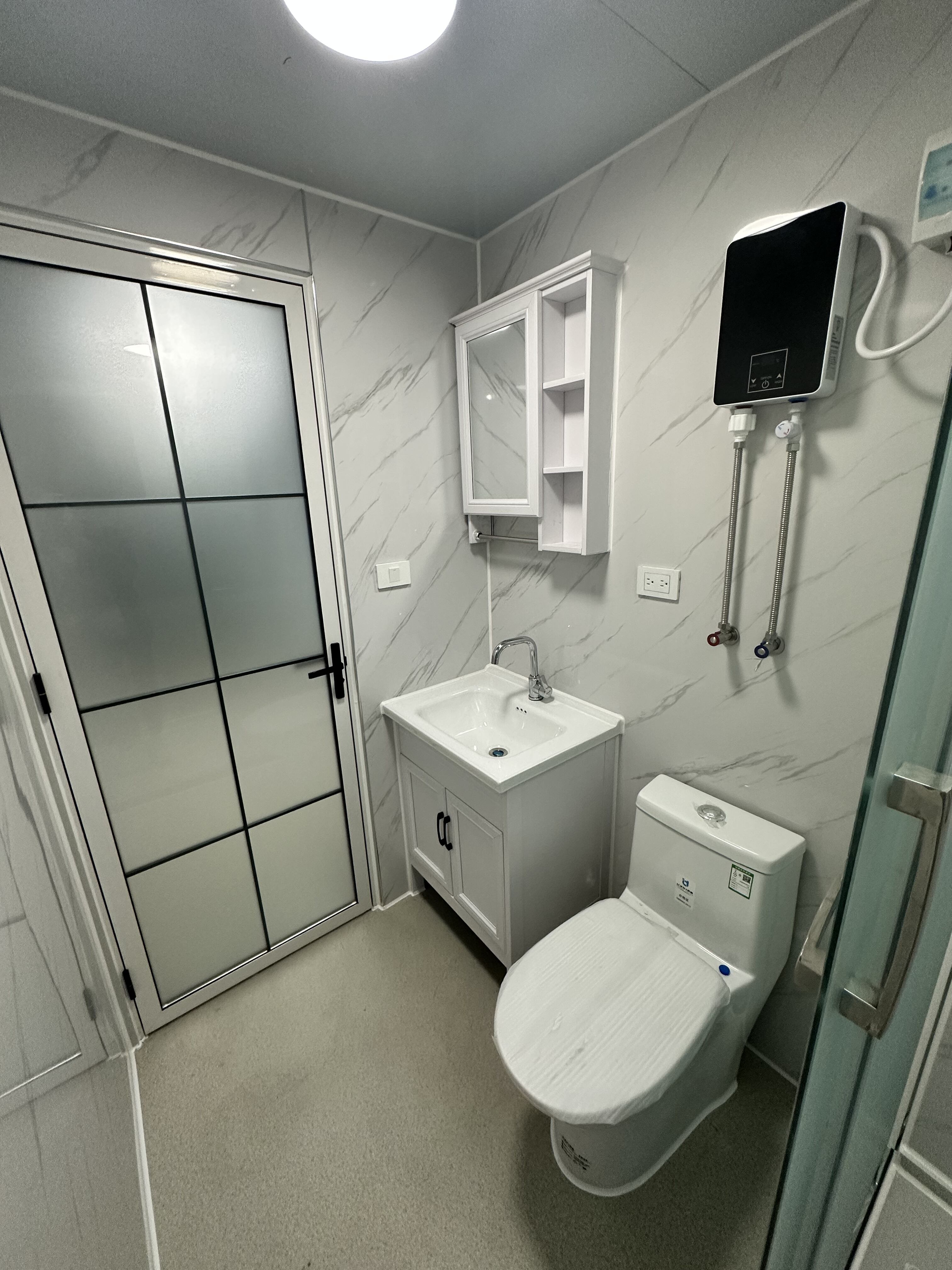In an era characterized by rapid urbanization, the world is grappling with an escalating housing crisis. As more and more people flock to cities in search of better opportunities, the demand for housing far outstrips the supply. Traditional housing solutions are often unable to keep pace with this surge in demand, both in terms of time and cost. This is where expandable houses emerge as a beacon of hope, offering a practical and innovative approach to tackling the global housing shortage.
A Cost-Effective Solution
One of the most significant advantages of expandable houses in addressing housing shortages is their affordability. Traditional housing construction typically involves a lengthy and expensive process, from land acquisition and foundation laying to the actual building of the structure. These costs are then passed on to homebuyers, making housing unaffordable for many. Expandable houses, on the other hand, leverage modular components. These prefabricated parts are manufactured off-site in a controlled environment, allowing for faster and more efficient construction. The reduced construction time not only cuts down on labor costs but also minimizes waste, as precision manufacturing ensures that materials are used optimally. For example, a modular expandable house can be assembled in a matter of weeks, compared to the months or even years it might take to build a traditional home. This cost-effective approach makes expandable houses an attractive option for individuals and families on a budget, enabling them to enter the housing market and alleviate the housing shortage pressure.
Optimizing Space in Urban Areas
Urban areas are facing the brunt of the housing shortage, with limited land available for new construction. Expandable houses offer a unique solution by being able to fit into small and irregularly shaped plots of land. Their modular design allows for creative and efficient use of space, ensuring that even on a tiny footprint, families can have ample living areas. For instance, a single-story expandable house can initially be constructed as a cozy two-bedroom home. As the family grows or the need for more space arises, additional modules can be added seamlessly, transforming it into a larger, multi-bedroom residence. This adaptability not only meets the immediate housing needs but also provides a long-term solution for urban dwellers. Moreover, by utilizing underutilized or small plots of land, expandable houses help to increase the overall housing density in cities, making better use of the existing urban infrastructure and contributing to more sustainable urban development.
Customization and Flexibility for Changing Needs
Another crucial role that expandable houses play in solving housing shortages is their high level of customization. Every family's needs are different and change over time. With expandable houses, homeowners have the freedom to design and modify their living spaces according to their specific requirements. They can choose to add new rooms, change the layout to accommodate different activities, or incorporate eco-friendly features such as solar panels and rainwater harvesting systems. This flexibility not only enhances the livability of the home but also ensures that the housing solution remains relevant and functional in the long run. For example, a young couple starting a family can begin with a simple expandable house and gradually expand it as their family grows and their lifestyle evolves. This ability to adapt to changing circumstances makes expandable houses a more sustainable choice compared to traditional static housing, as it reduces the need for frequent moves or demolitions and reconstructions, which further strain the housing resources.
The Future of Expandable Houses
As the housing shortage continues to be a pressing issue globally, the role of expandable houses is only set to become more significant. Industry leaders are constantly researching and developing new technologies and materials to enhance the functionality and sustainability of these houses. For example, the use of lightweight yet durable materials can make the expansion process even more seamless and cost-effective. Additionally, advancements in smart home technology can be integrated into expandable houses, providing greater comfort, energy efficiency, and security. With the increasing awareness of environmental issues, there is also a growing focus on making expandable houses more eco-friendly, from using recycled materials in construction to optimizing energy consumption. As more people recognize the benefits of expandable houses, their adoption is likely to increase, offering a real and lasting solution to the worldwide housing shortage problem.
In conclusion, expandable houses are playing a vital role in addressing the housing shortages plaguing urban areas and the world at large. Through their affordability, efficient space utilization, customization options, and potential for future innovation, they offer a practical and sustainable approach to providing adequate housing for all. As we move forward, it is essential to continue promoting and investing in expandable house solutions to ensure that everyone has access to a safe, comfortable, and affordable home.





